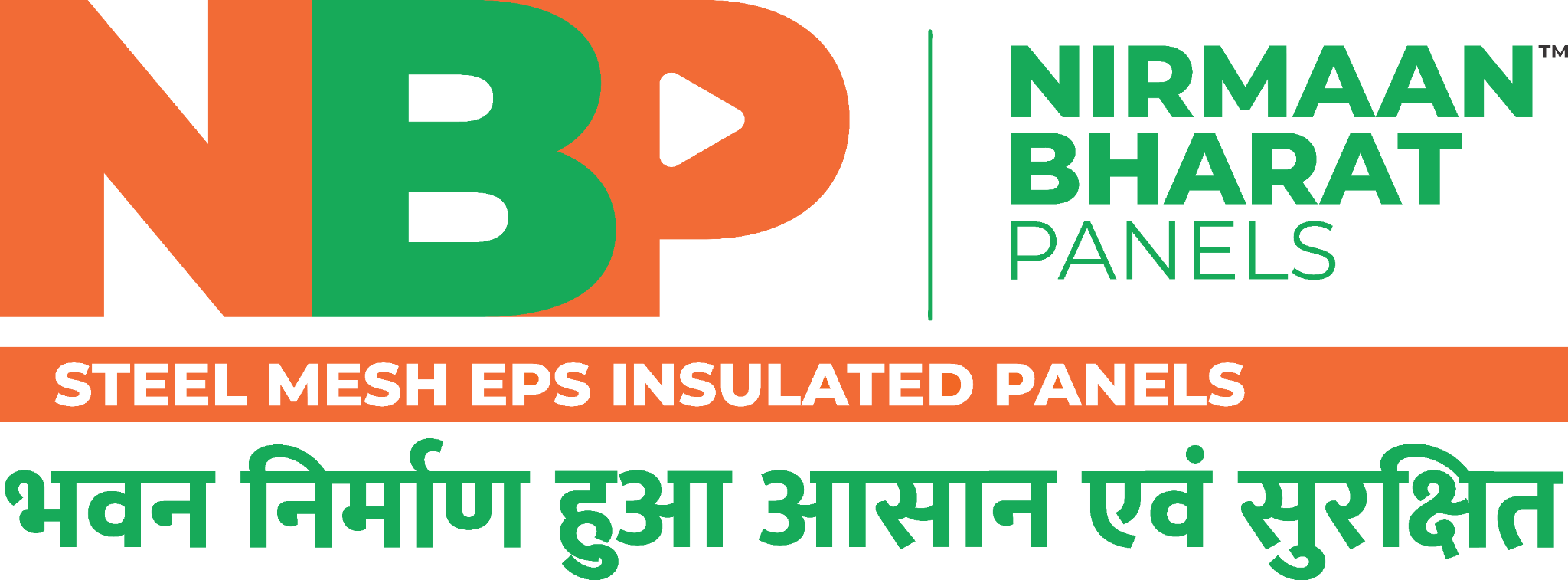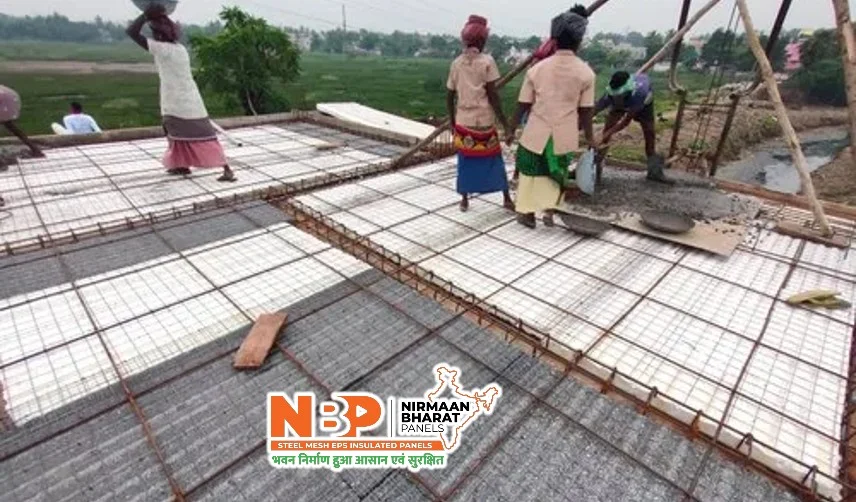The construction industry in India is on the brink of a significant transformation, driven by the need for sustainable, cost-effective, and efficient building materials. Expanded Polystyrene Pioneering EPS Panels are emerging as a game-changer, offering a host of benefits that align perfectly with the country’s ambitious growth and urbanization plans. In this Blog we explore how Pioneering EPS Panels are set to a new era in Indian construction, examining their advantages, current trends, and future potential in revolutionizing the building sector.
Pioneering EPS Panels are gaining traction in India’s construction industry due to their various advantages, such as insulation properties, lightweight nature, and cost-effectiveness. Here is an overview of the future prospects of EPS panels in India:

Table of Contents
Toggle1. Growth in the Construction Industry
With rapid urbanization and a growing population, India’s construction industry is booming. Pioneering EPS Panels are likely to see increased demand as they offer efficient and economical solutions for building materials. They are especially beneficial for:
Residential buildings: Pioneering EPS Panels are increasingly being used in residential construction for walls, roofs, and floors. Their insulation properties and structural strength make them ideal for building energy-efficient and comfortable homes.
Commercial and Industrial Structures: In commercial and industrial construction, EPS panels are used for cladding, partition walls, and cold storage facilities. Their durability and insulation capabilities help maintain controlled environments, essential for industries such as food processing and pharmaceuticals.
Infrastructure Projects: EPS panels are also making their way into infrastructure projects like bridges, roads, and railway embankments. Their lightweight nature and load-bearing capacity make them suitable for these applications, reducing construction time and costs.
Pre-fabricated and modular construction: The rise of prefabricated and modular construction methods in India has further boosted the demand for Pioneering EPS panels. These panels are pre-engineered and assembled on-site, facilitating faster and more efficient construction processes.
2. Government Initiatives and Policies
The Indian government’s focus on affordable housing and sustainable development presents significant opportunities for the adoption of EPS panels. Policies like the Pradhan Mantri Awas Yojana (PMAY) and Smart Cities Mission encourage the use of innovative building materials and technologies, providing a conducive environment for the growth of EPS panels. Pioneering EPS panels align well with these goals due to their:
- Energy efficiency: Excellent insulation properties help in reducing energy consumption.
- Cost-effectiveness: Lower construction costs due to lightweight and easy installation.
- Environmental benefits: Reduced waste and improved thermal performance.
3. Technological Advancements
Ongoing research and development in Pioneering EPS Panels technology are likely to enhance their properties, such as fire resistance and structural strength. Innovations in manufacturing processes and materials will further broaden their application scope and improve performance. Innovations such as:
- Enhanced fire resistance
- Improved structural strength
- Advanced design and aesthetics
- Integration with smart building technologies These advancements will make EPS panels more versatile and appealing for various construction needs.
4. Sustainability and Environmental Impact
As sustainability becomes a critical focus in construction, Pioneering EPS Panels offer several benefits:
- Recyclability: EPS can be recycled, reducing environmental impact.
- Energy savings: Superior insulation properties contribute to lower energy consumption for heating and cooling.
- Reduced carbon footprint: Lightweight nature results in lower transportation emissions.
5. Cost and Time Efficiency
EPS panels contribute to significant savings in both construction costs and time:
- Quick installation: Pre-fabricated nature allows for faster construction.
- Lower labor costs: Easier handling and installation reduce labor requirements.
- Durability: Long-lasting materials lower maintenance costs over time.
6. Challenges and Solutions
Despite the advantages, EPS panels face certain challenges:
- Perception and awareness: Limited awareness about the benefits of EPS panels among builders and consumers.
- Regulatory standards: Need for stringent quality standards and regulations to ensure safety and performance.
Increased Awareness and Acceptance
As awareness about the benefits of EPS panels grows among builders, architects, and consumers, their acceptance and adoption are expected to rise. Educational initiatives and industry collaborations can play a crucial role in promoting the use of EPS panels in various construction projects.
NBP Nirmaan Bharat Panels LLP’s Role in the Construction Industry
NBP Nirmaan Bharat Panels LLP (NBP) has emerged as a significant player in India’s construction industry, particularly through its contributions to the development and promotion of Expanded Polystyrene (EPS) panels. As the demand for sustainable, cost-effective, and efficient construction solutions grows, NBP’s role becomes increasingly crucial. Here’s a detailed look at how NBP Nirmaan Bharat Panels LLP is influencing the construction industry in India.
Pioneering the Use of EPS Panels
1. Manufacturing Excellence
NBP is at the forefront of manufacturing high-quality EPS panels. Utilizing state-of-the-art technology and stringent quality control measures, the company ensures that its products meet international standards. This commitment to quality has positioned NBP as a trusted supplier in the market.
2. Product Innovation
Innovation is a cornerstone of NBP’s operations. The company continuously invests in research and development to enhance the properties of EPS panels, such as improving their fire resistance, structural integrity, and environmental sustainability. These innovations make NBP’s panels suitable for a wider range of applications, from residential to industrial construction.
Enhancing Sustainability in Construction
1. Eco-Friendly Solutions
NBP’s EPS panels contribute to greener construction practices. The panels are recyclable and help in reducing the overall carbon footprint of buildings by improving energy efficiency. Their insulation properties lead to significant energy savings, aligning with global sustainability goals.
2. Waste Reduction
By promoting the use of prefabricated EPS panels, NBP helps in minimizing construction waste. These panels are manufactured to precise specifications, reducing material wastage on-site and contributing to cleaner construction processes.
Cost-Effective Building Solutions
1. Affordable Housing
NBP plays a vital role in India’s affordable housing sector. Their cost-effective EPS panels help in reducing construction costs while maintaining high standards of quality and durability. This makes them an ideal choice for large-scale housing projects aimed at providing affordable homes to the masses.
2. Time Efficiency
The use of NBP’s prefabricated EPS panels significantly reduces construction time. The panels are easy to install and require less labor, leading to faster project completion. This time efficiency is crucial for meeting tight construction deadlines and reducing labor costs.
Driving Technological Advancements
1. Advanced Manufacturing Techniques
NBP employs cutting-edge manufacturing techniques to produce EPS panels. These techniques ensure consistency in quality and performance, making their panels reliable and durable.
2. Collaboration and Training
NBP collaborates with builders, architects, and engineers to promote the adoption of EPS panels. The company provides training and technical support to ensure that their products are used effectively and efficiently in various construction projects.
Expanding Market Reach
1. Widespread Distribution Network
NBP has established a robust distribution network across India, ensuring that their EPS panels are readily available for construction projects in different regions. This widespread availability supports the growing demand for sustainable building materials.
2. Customer-Centric Approach
NBP’s customer-centric approach involves working closely with clients to understand their specific needs and provide tailored solutions. This approach has helped the company build strong relationships and a loyal customer base.
Conclusion
The future of EPS panels in India looks promising due to their alignment with the country’s construction needs and sustainability goals. The growing role of EPS panels in India’s construction industry is a testament to their numerous advantages and versatile applications. As the country continues to urbanize and seek sustainable development solutions, EPS panels are poised to become an integral part of modern construction practices. Continued innovation, government support, and increased awareness will further boost their adoption. By embracing this innovative building material, India can achieve its goals of cost-effective, energy-efficient, and environmentally friendly construction, paving the way for a more sustainable future.
As the construction industry evolves, EPS panels are set to play a significant role in shaping modern, efficient, and sustainable building practices in India.
NBP Nirmaan Bharat Panels LLP is playing a transformative role in India’s construction industry by championing the use of EPS panels. Through their commitment to quality, innovation, sustainability, and customer satisfaction, NBP is setting new standards in the construction sector. As the industry continues to evolve, NBP’s contributions will be instrumental in shaping a more sustainable and efficient built environment in India.
Also Read Why EPS Wall Panels Are Trending In Construction



